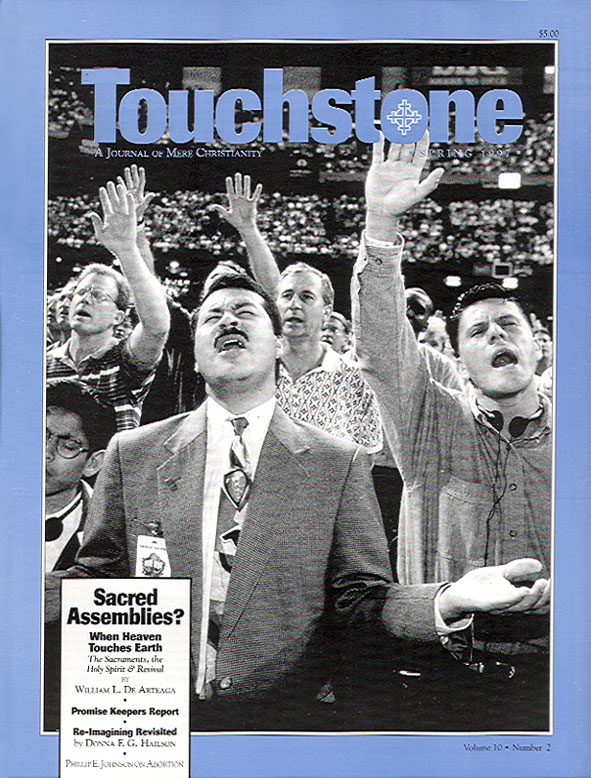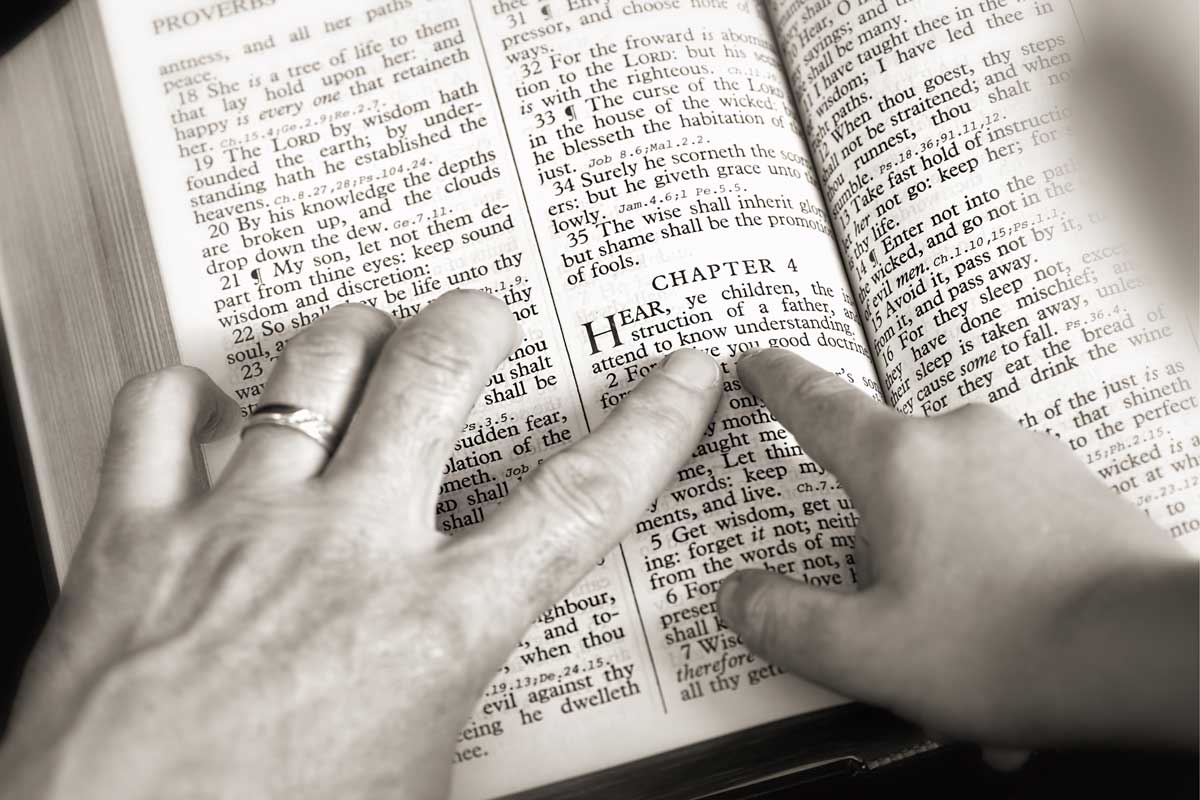Reasonable Laws & Respect for Life
by Phillip E. Johnson
Ronald Dworkin, University Professor of Jurisprudence at Oxford, and Professor of Law at New York University, wants to unite constitutional law with liberal moral philosophy. To that end he argues in Freedom’s Law: The Moral Reading of the American Constitution (Harvard University Press, 1996) that the correct way to read the United States Constitution is to recognize that the Framers enacted certain broad principles—due process, equal protection, freedom of speech, and so on—rather than specific rules. Contemporary judges should interpret those principles not necessarily as the Framers themselves may have understood them, but according to the best understanding available today. The justices of the Supreme Court should even read new principles into the Constitution, if that is necessary to bring the Constitution into agreement with the best moral philosophy of our time. Under this “moral reading,” the Constitution is not the document we usually associate with that term, but a set of philosophical principles related only in a very general way to anything specifically anticipated by the Framers.
Dworkin has received severe criticism for his seemingly limitless enthusiasm for rule by judges, meaning judges who rely upon professors like himself for advice. I agree with the critics, and yet there is something to be said for thinking of “the constitution” neither as a specific text nor as whatever the justices say in their opinions, but as the set of living principles of shared rationality that set the outer boundaries for public debate. The point of having a constitution, after all, is not to ensure fidelity to the words of a document written for another era, but to ensure that a temporary majority does not go too far beyond the bounds of reason. Most conservatives would agree that such boundaries need to be set and that setting them is a much more complicated process than simply interpreting a document. But what are the bounds of reason? And what institutional arrangements are most likely to ensure that reason prevails?
THIS ARTICLE ONLY AVAILABLE TO SUBSCRIBERS.
FOR QUICK ACCESS:
Phillip E. Johnson is Professor of Law (emeritus) at the University of California at Berkeley. He is the author of Darwin on Trial, The Wedge of Truth, The Right Questions (InterVarsity Press), and other books challenging the naturalistic assumptions that dominate modern culture. He is a contributing editor of Touchstone.
subscription options
Order
Print/Online Subscription

Get six issues (one year) of Touchstone PLUS full online access including pdf downloads for only $39.95. That's only $3.34 per month!
Order
Online Only
Subscription

Get a one-year full-access subscription to the Touchstone online archives for only $19.95. That's only $1.66 per month!
bulk subscriptions
Order Touchstone subscriptions in bulk and save $10 per sub! Each subscription includes 6 issues of Touchstone plus full online access to touchstonemag.com—including archives, videos, and pdf downloads of recent issues for only $29.95 each! Great for churches or study groups.
Transactions will be processed on a secure server.
more from the online archives
calling all readers
Please Donate
"There are magazines worth reading but few worth saving . . . Touchstone is just such a magazine."
—Alice von Hildebrand
"Here we do not concede one square millimeter of territory to falsehood, folly, contemporary sentimentality, or fashion. We speak the truth, and let God be our judge. . . . Touchstone is the one committedly Christian conservative journal."
—Anthony Esolen, Touchstone senior editor









